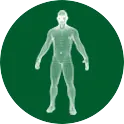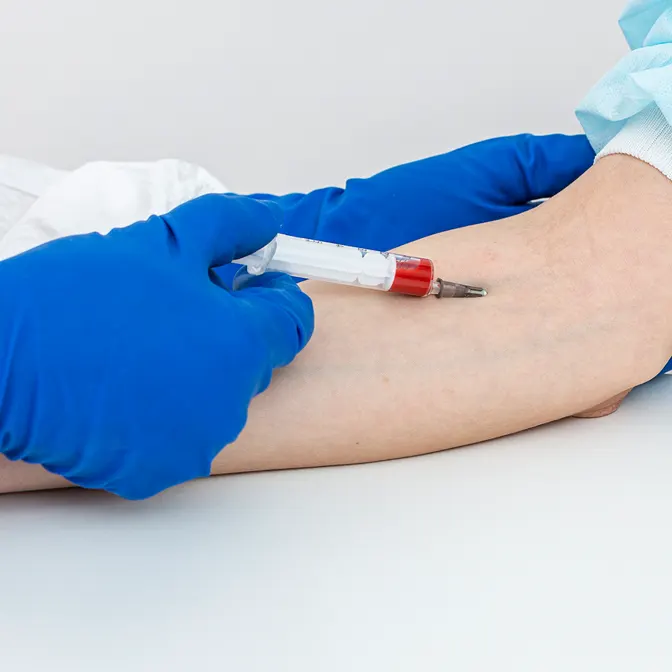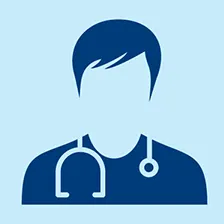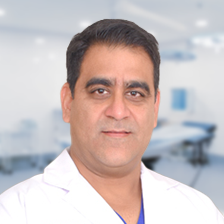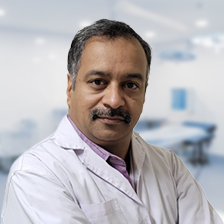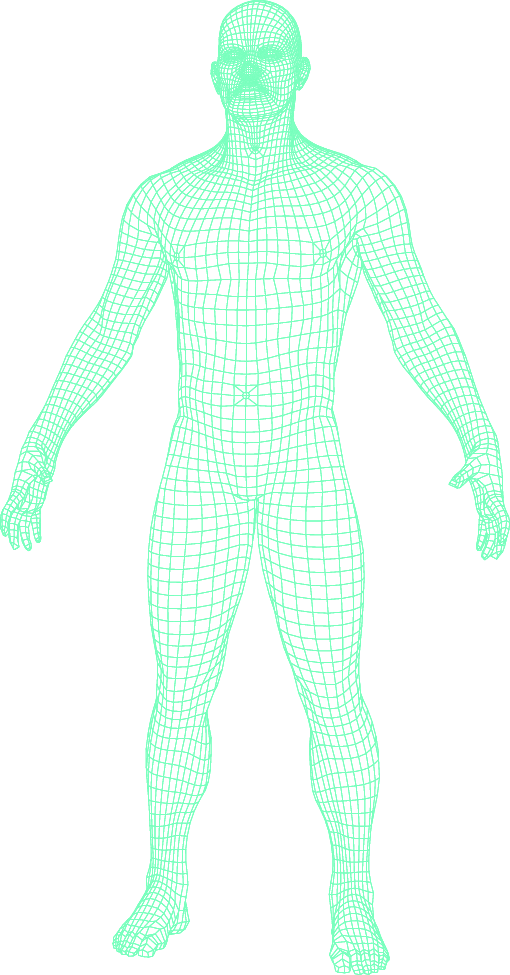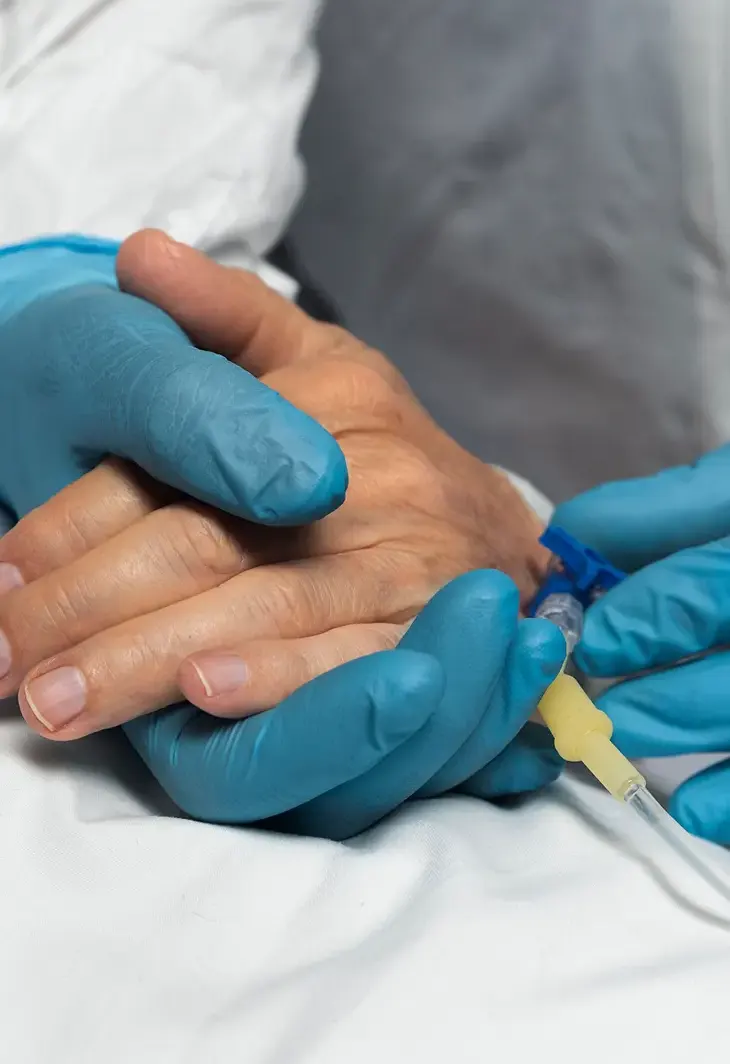
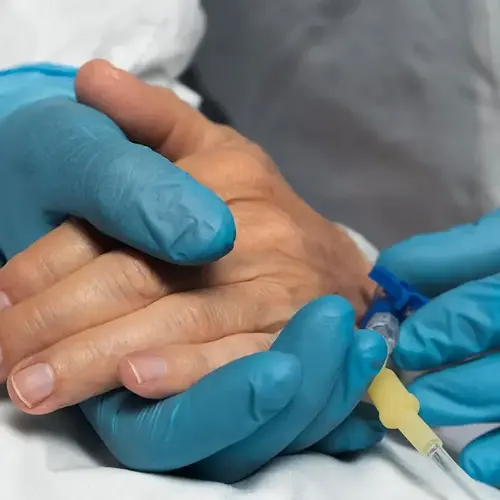
Symptoms
Symptoms that may indicate a need for vascular surgery include
- Leg pain or cramping, especially during physical activity or at night
- Coldness or numbness in the legs or feet
- Non-healing wounds or sores on the legs or feet
- Discoloration or change in the color of the skin on the legs or feet
- Loss of hair on the legs or feet
- Weak or absent pulse in the legs or feet
- Abdominal pain or discomfort
- Chest pain or discomfort
- Shortness of breath
- Dizziness or fainting
- Stroke or transient ischemic attack (TIA) symptoms
- Bulging or pulsating feeling in the abdomen or legs
It is important to note that not all of these symptoms necessarily indicate a need for vascular surgery and it is always best to consult with a healthcare professional at SRV Hospitals in such as a vascular surgeon or cardiologist for an accurate diagnosis and treatment plan. Some of these symptoms may be caused by other medical conditions and some may be mild and can be managed with lifestyle changes.


